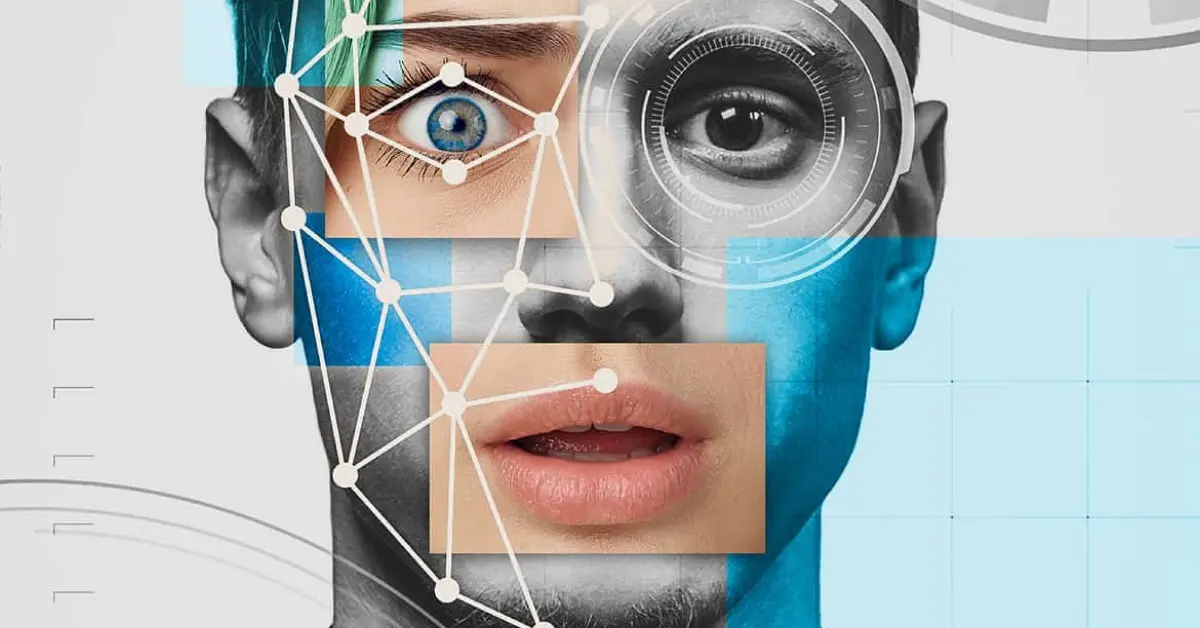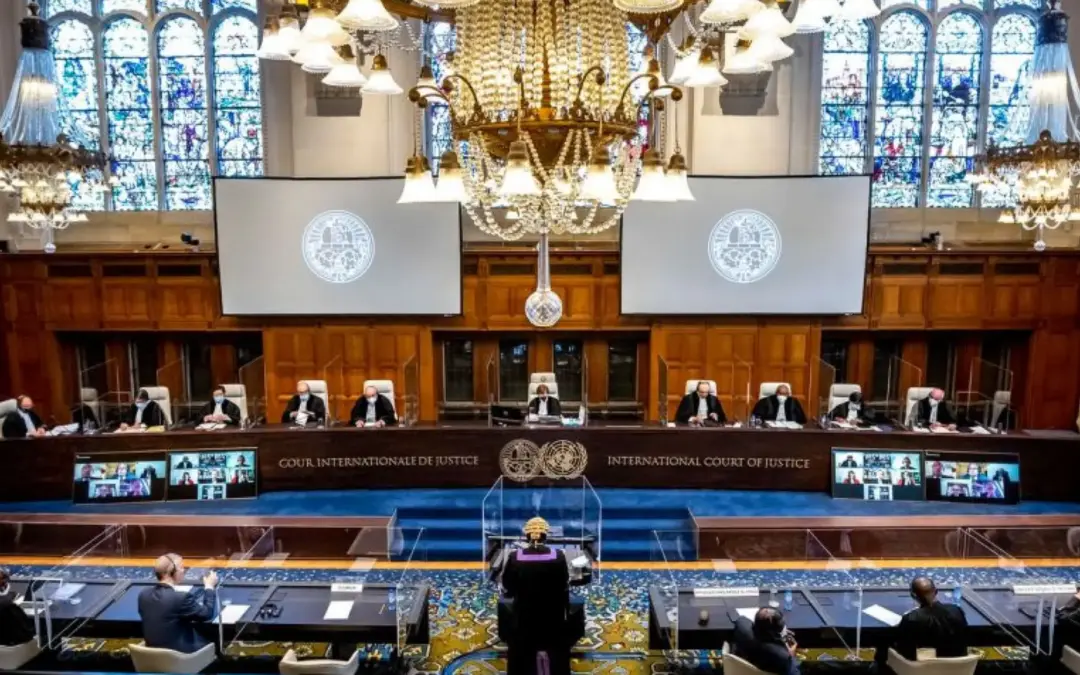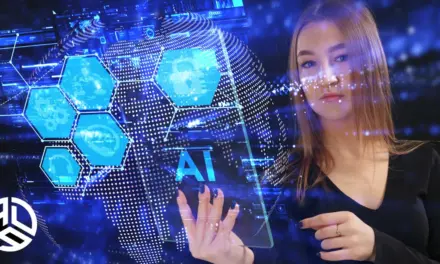Rapid technological advancements, artificial intelligence (AI) and deepfakes have emerged as transformative tools that hold immense potential but also pose significant challenges. One area where their impact is increasingly felt is in politics.
From election campaigns to public discourse, the fusion of AI and deepfakes is reshaping the political landscape, creating a new frontier of opportunities and risks.
1. Understanding AI in Politics
AI technologies, such as natural language processing and machine learning algorithms, are revolutionizing the way political campaigns are run and issues are addressed.By analyzing vast amounts of data, AI enables political strategists to understand voter sentiments, tailor messages, and predict election outcomes with unprecedented accuracy.
This data-driven approach can enhance the efficacy of campaigns, making them more personalized and responsive to voters’ needs.
2. The Rise of Deepfakes
Deepfakes, on the other hand, are a double-edged sword. These AI-generated media manipulate images, videos, or audio to create convincing yet fabricated content. Initially developed for entertainment purposes, deepfakes have now infiltrated the political sphere, giving rise to concerns over their potential misuse.
3. Political Manipulation and Disinformation
The convergence of AI and deepfakes has enabled the creation of sophisticated disinformation campaigns. Malevolent actors can use these technologies to spread false narratives, defame opponents, or mislead the public.
Deepfakes can convincingly depict politicians saying or doing things they never did, making it challenging to discern truth from fiction. This phenomenon poses a grave threat to the integrity of democratic processes worldwide.
4. Impact on Voter Perception
The proliferation of AI-generated political content has consequences for how voters perceive candidates and issues. The viral spread of deepfake content can sway public opinion and polarize society.
Even when debunked, the effects of the initial misinformation can persist, leading to long-term damage to a candidate’s reputation or public trust in the political system.
5. Challenges in Detecting Deepfakes
Detecting deepfakes presents an ongoing challenge. As AI algorithms improve, so does the quality of fabricated content, making it increasingly difficult for traditional fact-checking methods to identify manipulated media.
Researchers and tech companies are racing to develop advanced tools to detect and counter the threat of deepfakes, but it remains an uphill battle.
6. Safeguarding Elections and Democracy
Protecting the integrity of elections is a critical priority in the face of AI-driven political manipulation. Governments and tech companies must collaborate to implement robust strategies for detecting and removing deepfake content from online platforms.
Educating the public about the existence and dangers of deepfakes can empower individuals to critically assess the information they encounter.
7. Ethical Considerations
As AI and deepfakes continue to evolve, ethical dilemmas arise concerning their use in politics. Striking the balance between innovation and responsible deployment is essential. Establishing clear guidelines and regulations for the use of AI in political contexts is imperative to prevent the misuse of these technologies for nefarious purposes.
Conclusion
AI and deepfakes represent a powerful combination that has opened up new frontiers in political communication and manipulation. While AI-driven political campaigns offer opportunities for increased engagement and responsiveness, the malicious use of deepfakes poses significant risks to the democratic process.
It is crucial for governments, tech companies, and society as a whole to proactively address these challenges, safeguarding the integrity of elections and preserving trust in the political system amidst this new technological frontier.











